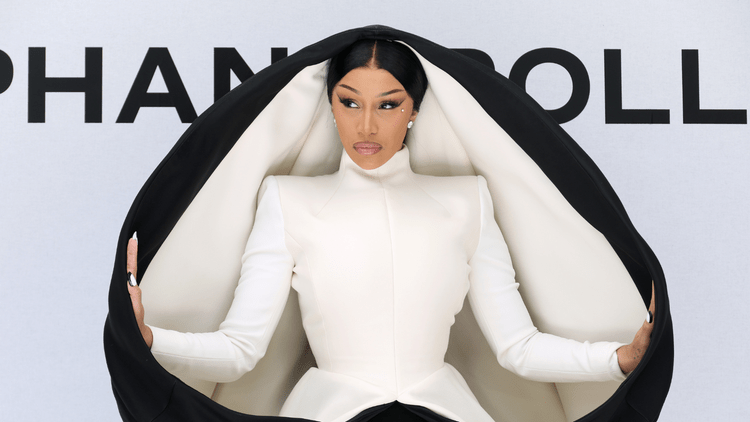Flashpoint Moment
Cardi B’s critics have sparked another discourse, and the Bronx star is meeting it head-on. The latest flare-up centers on detractors she dubs “imaginary players,” a pointed nod that frames the conversation around authenticity, clout-chasing, and who gets to shape hip-hop narratives. In a culture that thrives on bravado, Cardi’s counterpunch reclaims the mic.
Imaginary Players
Cardi B’s target appears to be online commentators who posture as insiders without the receipts. The phrase “imaginary players” captures a persistent tension in rap: authority without accountability. This dynamic fuels cycles of hot takes that trail artists from rollout to rollout, eroding nuance and elevating noise over craft.
Industry Echoes
Cardi B critics have long tried to define her arc through metrics and controversy rather than the music’s impact. Her response fits a lineage of rappers—from Jay-Z to Nicki Minaj—who’ve confronted self-appointed gatekeepers. The modern twist is algorithmic amplification. Commentary now arrives in torrents, shaping perception before singles find their audience, and forcing artists to defend before they debut.
Control the Narrative
When an artist calls out “imaginary players,” it is both a warning and a calibration. It says the scoreboard lives in the music, not the mentions. Cardi’s media-savvy presence turns confrontation into content, a strategy that keeps her voice central. In an attention economy, controlling the narrative becomes as crucial as mastering cadence and flow.
Broader Stakes
Midway through the cycle, Cardi B critics highlight a larger question: who holds cultural capital in hip-hop’s digital agora? Today’s feedback loop compresses time; reactions arrive before context. Artists like Cardi respond by shaping discourse proactively, dropping teasers, replying in real time, and reframing grudges as momentum. It is a negotiation between authenticity and spectacle.
What Comes Next
Expect Cardi to channel the energy into music that doubles as commentary. Hip-hop history rewards artists who turn critique into fuel, and Cardi’s track record suggests she understands the assignment. Whether teasing new singles or sharpening an album rollout, she is primed to translate friction into streams.
Final Word
Cardi B critics may grow louder, but the scoreboard still reads in records, not replies. If “imaginary players” continue dictating tempo, Cardi’s counter-narrative will push back in bars and visuals. The next chapter belongs to the music, where algorithms fade and impact counts.




